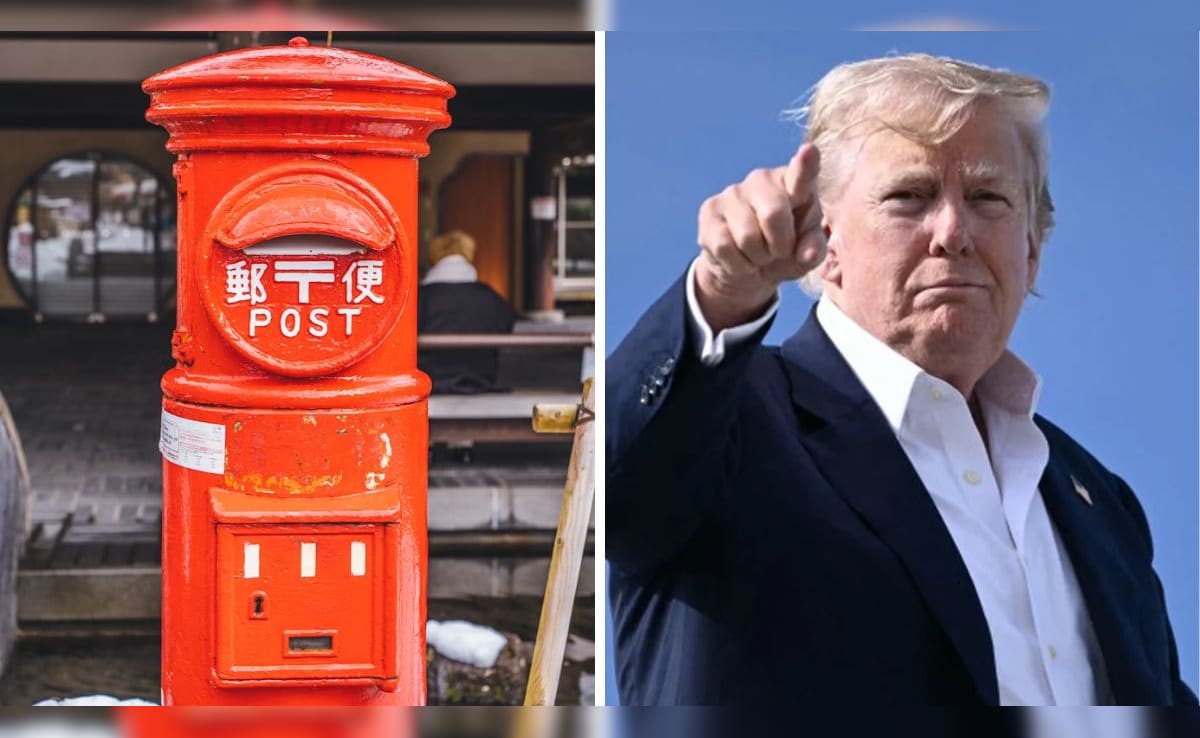Then, she disappeared, along with a handful of other vloggers whose on-the-ground reporting in Wuhan provided a raw account of chaos and desperation in the city, challenging official narratives of widespread public gratitude for the authorities draconian containment measures.
The authorities later confirmed her arrest and in December she was jailed for four years in a Shanghai prison on charges of âpicking quarrels and provoking trouble,â a disorderly conduct crime Chinese law enforcement often uses against dissidents.
In prison, Zhang, who is a practicing Christian, refused to eat, gradually becoming thinner until her jailers force-fed her through a tube. The protest left her in poor health and with stomach problems, according to her lawyers and family.
Zhangâs âextreme frailtyâ and weight loss â she is now under 88 pounds (40 kg) down from around 140 pounds (around 60 kg) â should be sufficient reason for her to be released on medical grounds, according to a publicly available online application sent by her brother, Zhang Ju, to the Shanghai Prison Administration Bureau.
âI asked the doctor, will Zhang Zhan die? The doctor replied unequivocally that there was a very high probability,â Zhang Ju wrote, recalling a telephone conversation in August. He added that his sister was now unable to walk without assistance.
âWe are well aware that Zhang Zhanâs case is sensitive,â he added. âFrom the perspective of her family, we are willing to cooperate with the demands of police, prison and other relative departments.â
The notice, which is dated Nov. 6 but only recently came to light, received a response two days later asking for more information. When contacted by phone, the prison where Zhang is being held, declined to provide information on the case.
By Friday afternoon, Zhang Juâs post had been removed from the bureauâs website.
Zhang Keke, one of her lawyers, who is not related, confirmed the authenticity of the online application and said in an interview that her family and legal team are entirely focused on attempting to secure adequate care for Zhang.
âRelease for medical treatment is now the most important thing,â he said, adding that he didnât think it was likely. The prison had not even responded to his applications for a face-to-face meeting with his client, he said.
After passing the Chinese bar exam in 2010, Zhang became part of a group of human rights lawyers and advocates for civil liberties.
As well as undermining state media propaganda about Chinaâs pandemic response, her work as an activist reporter also made her a target for a Chinese Communist Party campaign, launched as Xi Jinping took office, to stamp out âWestern valuesâ deemed dangerous to party rule, including independent journalism and advocating for greater individual rights.
Dozens of lawyers and activists with similar ideals to Zhang have been imprisoned in a crackdown that began in the summer of 2015.
The rapid deterioration of Zhangâs health has drawn increasing international attention to her case. U.S. State Department Spokesman Ned Price on Monday expressed âdeep concernâ and called for her immediate and unconditional release.
Chinaâs Foreign Ministry has brushed aside such statements, dubbing them âanti-China,â and maintains that the case is being handled according to Chinese law.
A number of political dissidents have died in Chinese custody in recent years, which rights groups blame on the poor health care and nutrition provided in prisons. In 2017, Nobel Peace Laureate Liu Xiaobo died two weeks after being released on medical parole, guarded throughout by state security agents.
âUnjust sentences handed down against activists in China frequently end up being death sentences,â Yaqiu Wang, senior China researcher at Human Rights Watch, said in a statement.
Zhangâs brother has also scaled the âgreat firewallâ of Chinese government censorship to raise support for his sisterâs case on Twitter, posting photos of her on holiday as a university student or dancing on her bed as a young child.
âI donât think she can live for much longer,â he wrote. âAs we enter the coming cold winter, if she cannot hold out, I hope the world can remember how she used to be.â
Lyric Li in Seoul, and Alicia Chen in Taipei, Taiwan, contributed reporting.
.png)











 English (United States) ·
English (United States) ·  Turkish (Turkey) ·
Turkish (Turkey) ·